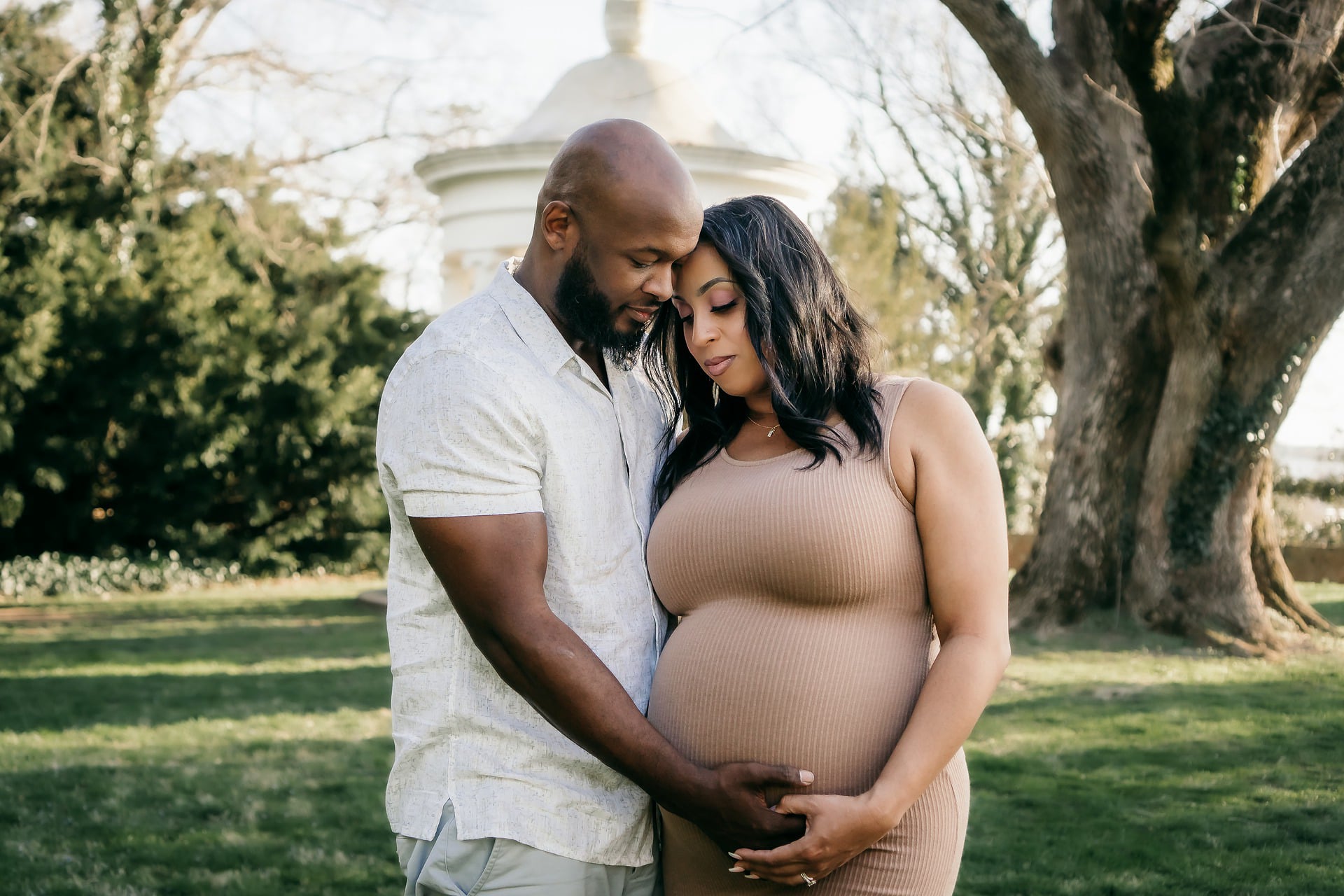Term life insurance is a type of life insurance that has an expiration date
(5, 10, 15, 20, 25, years). The policyholder chooses the length of the term, like 20 years from the start date. If the policyholder dies during the chosen term, the death benefit will be paid out to the beneficiary.
The most common type of death benefit is a
level term policy, which means that the value of the death benefit stays the same for the entire time your policy is active. The benefit can also be decreasing, meaning it shrinks over time, typically in one-year increments.
Some
term policies can also be converted to a permanent life insurance policy without a medical exam, like whole or universal life insurance, once the term is up. However, once converted, those permanent life policies are more expensive.
According to the National Association of Insurance Commissioners (NAIC), some term policies can also come with a return of premium feature. That means that if a death benefit isn’t paid out by the end of the term, you’ll get back all or part of the premiums you paid. However, this is a more expensive option.
Term life policies can be bought either individually or through a group life insurance plan available through an employer, civic, or religious organization.
Apply now and answer a few questions and in most cases a policy can be issued the same day.

